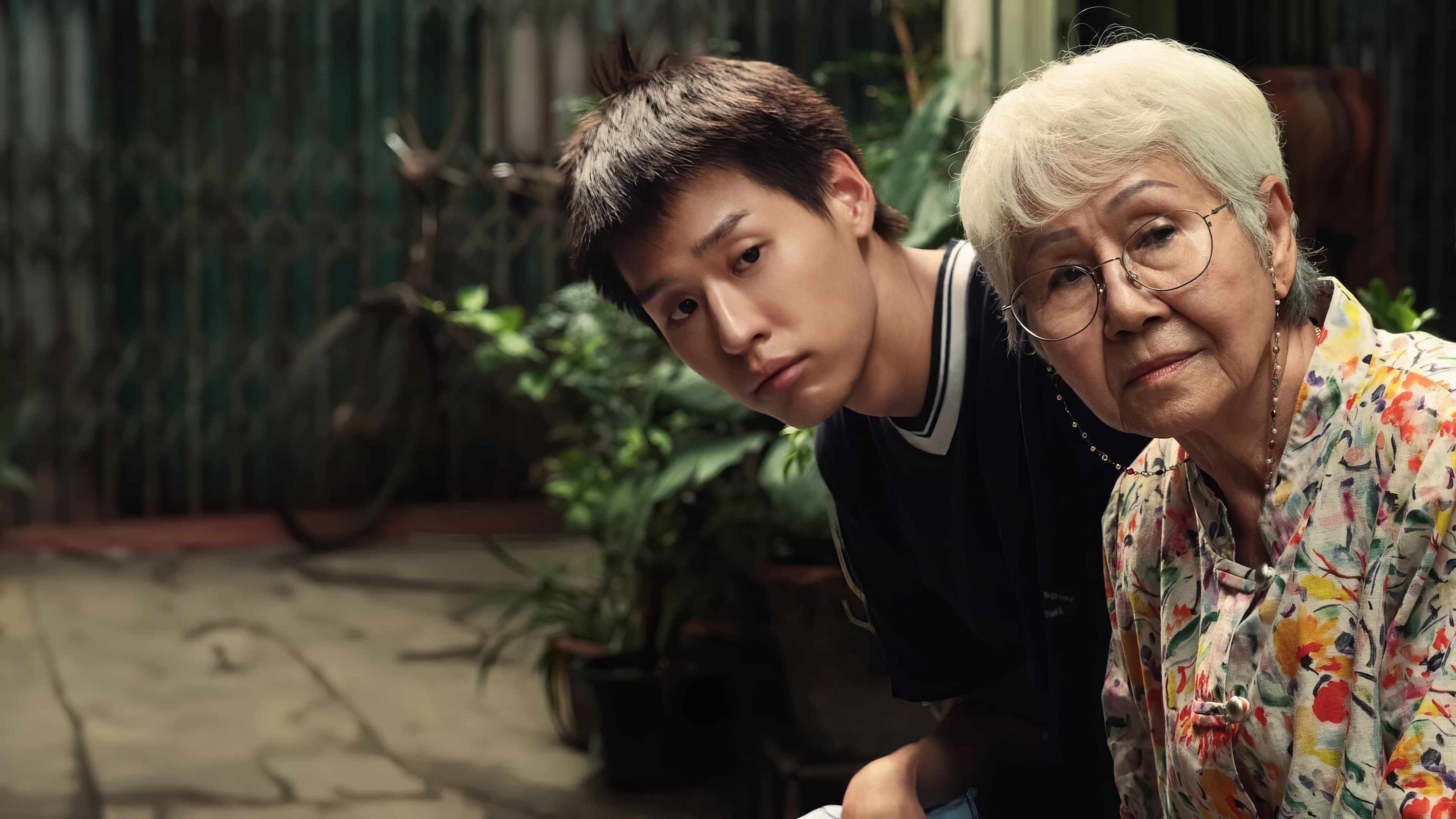Watch หลานม่า (2024) Movie

M, a university dropout low on money and luck, volunteers to take care of his terminally ill grandmother, in the hope of pocketing an inheritance.

Never underestimate a grandma's love for her family. - mother
## Tears and Teacups: "How Grandmother's Love Shatters Expectations in 'Vile' (หลานม่า)'"
The Thai film "Vile" (หลานม่า), more accurately translated as "Grandma's Grandchild," isn’t a horror flick promising jump scares and gore. Instead, it’s a deeply moving drama that burrows under your skin with the quiet dread of aging, familial obligation, and the enduring power of unconditional love. While the title might mislead, the real 'vile' resides not in the characters, but in the harsh realities they navigate.
The film centers around M (Billkin Putthipong Assaratanakul), a young man drifting through life, weighed down by debt and a general lack of direction. He sees an opportunity, not out of malicious intent, but from a place of youthful naivete. His grandmother, affectionately called Amah (Usha Seamkhum), is showing signs of cognitive decline and recently inherited a substantial sum. Seeing this as a chance to alleviate his financial woes, M decides to move in with Amah, promising to care for her in exchange for a share of the inheritance.
The beauty of "Vile" lies in its nuanced portrayal of Amah's deteriorating health and the complexities of M's motivations. He's not a purely greedy character; he's desperate, driven by circumstances, and initially struggles with the genuine affection Amah showers upon him. He learns to cook her favorite dishes, patiently helps her with everyday tasks, and listens to her stories, slowly forming a genuine bond with the woman he initially saw as a financial opportunity.
This transformation is where the film shines. We witness M gradually shedding his apathy as he becomes more attuned to Amah's needs. The initial awkwardness and forced affection give way to genuine tenderness as he begins to understand the sacrifices she made for her family. He sees the vibrant woman trapped within the fading mind, the woman who dedicated her life to nurturing her children and grandchildren.
However, "Vile" doesn't shy away from the difficult truths of elder care. The film unflinchingly depicts Amah's struggles with memory loss, her occasional outbursts of frustration, and the immense physical and emotional toll it takes on M. He grapples with the realization that his initial plan was deeply flawed, and that the 'easy money' he envisioned is far more complicated than he anticipated.
The film expertly navigates the cultural context of filial piety in Thai society, highlighting the unspoken expectations and burdens placed upon younger generations. M's internal conflict is palpable as he struggles to reconcile his personal ambitions with his responsibilities to his family. He's torn between the desire to escape his financial troubles and the growing sense of obligation he feels towards Amah.
Ultimately, "Vile" delivers a powerful message about the importance of empathy, connection, and the enduring strength of familial love. It's a reminder that true wealth lies not in monetary gain, but in the relationships we forge and the memories we create. While M initially sees Amah as a means to an end, he ultimately discovers that the greatest reward is the unconditional love and acceptance she offers. He learns that caring for Amah is not just a duty, but a privilege, a chance to repay a lifetime of sacrifices and create lasting memories.
"Vile" isn't just a film; it's a poignant reflection on aging, family, and the transformative power of love. It's a tearjerker that will leave you contemplating your own relationships and the responsibility we all share in caring for the ones we love, even when it's not convenient or easy. Prepare to shed tears, not of fear, but of profound empathy and understanding.

Post a Comment